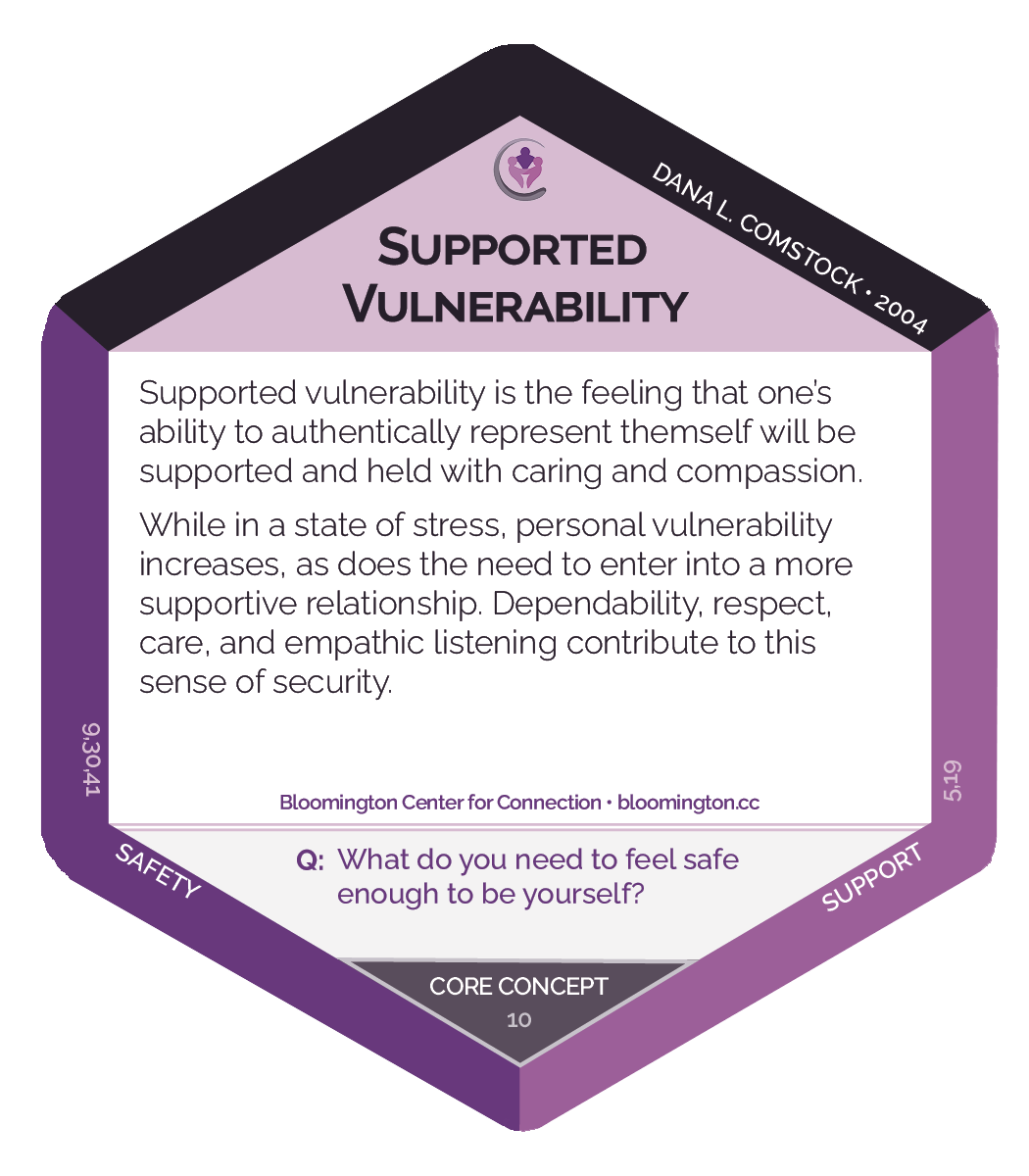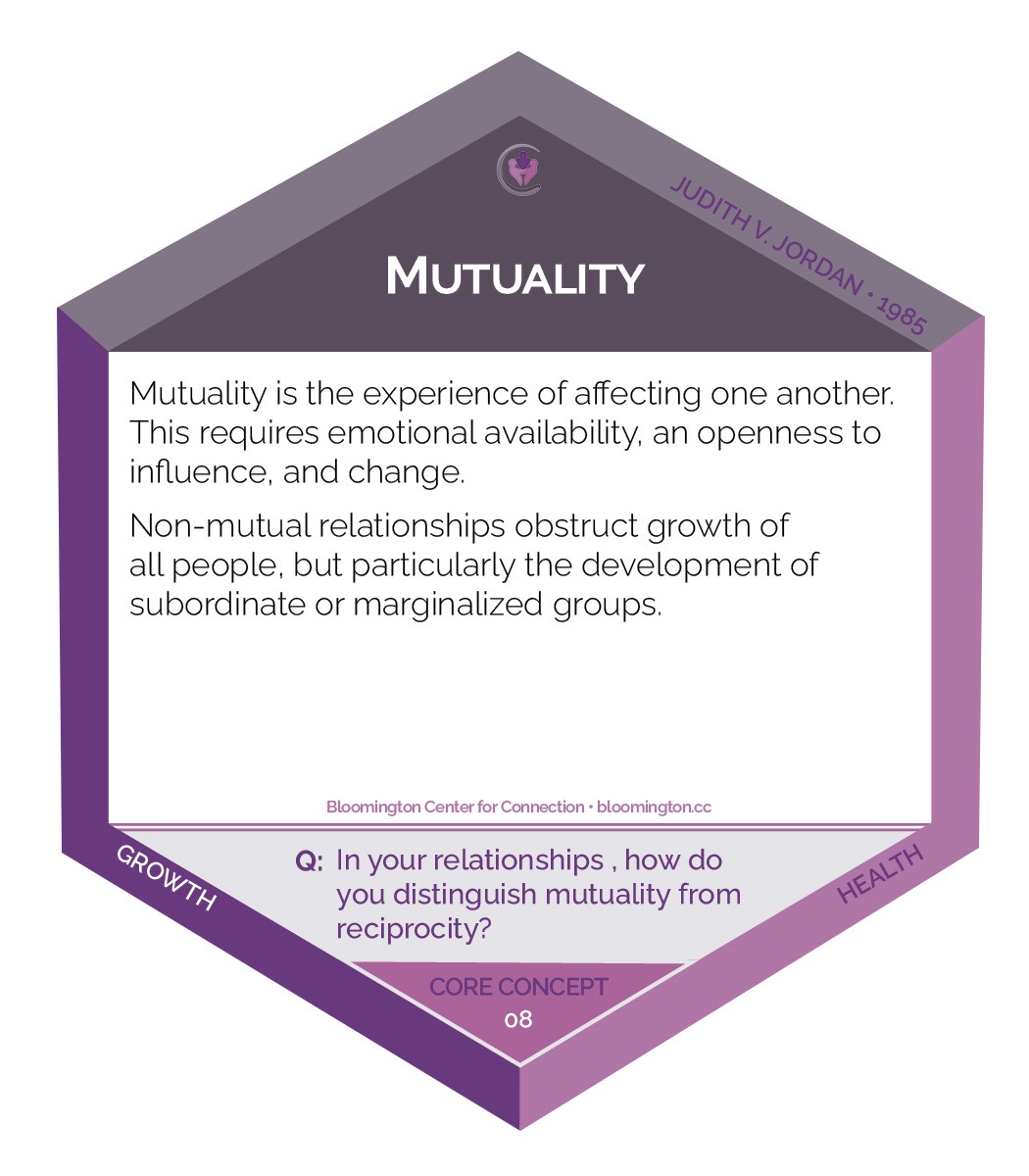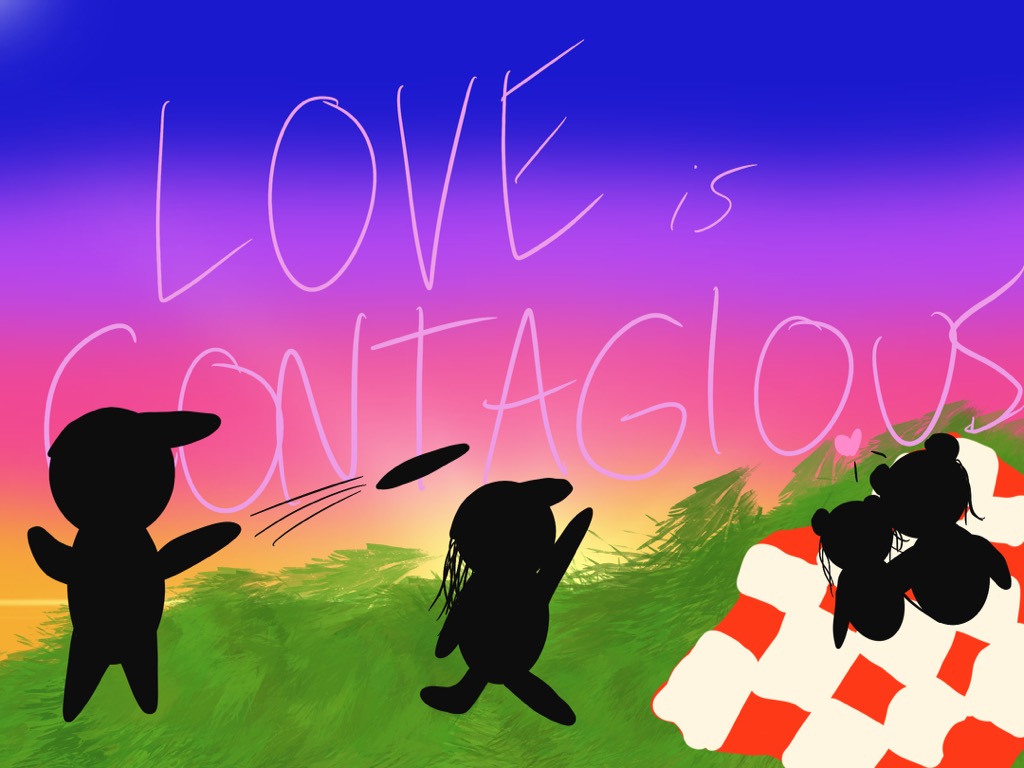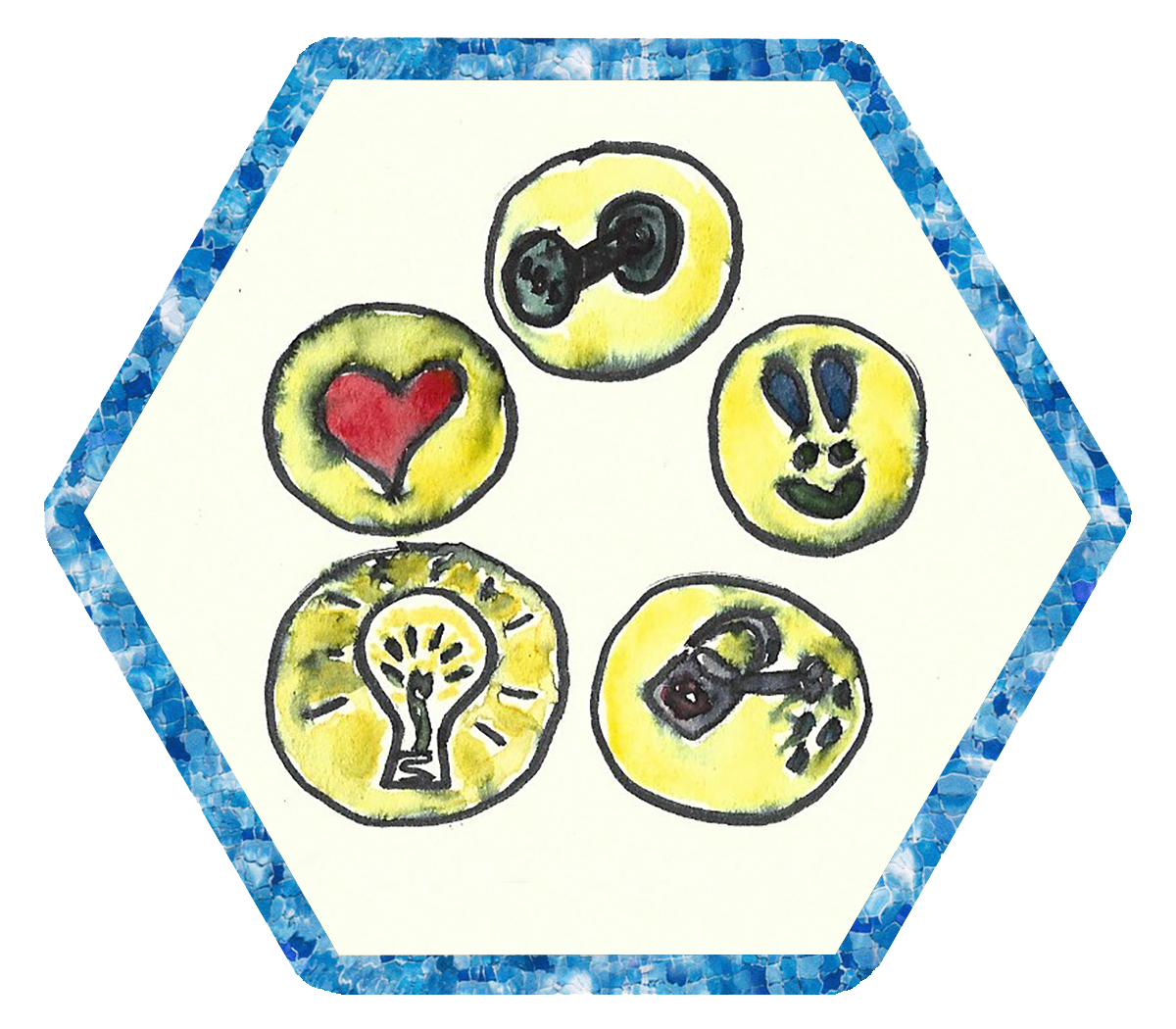Relational-Cultural Therapy: Getting Started
Join us for an Relational-Cultural Therapy training session covering relational assessment, initial sessions, and consultation calls. We assess current and past relational patterns and skills, barriers to connection, and personal and/or cultural trauma, while creating a safe place for our relationship to grow. RCT seeks to initiate healing through growth-fostering relationships. As clinicians, we need to articulate how connection heals in order to set the foundation for our work. How do we assess current and […]
Read more





